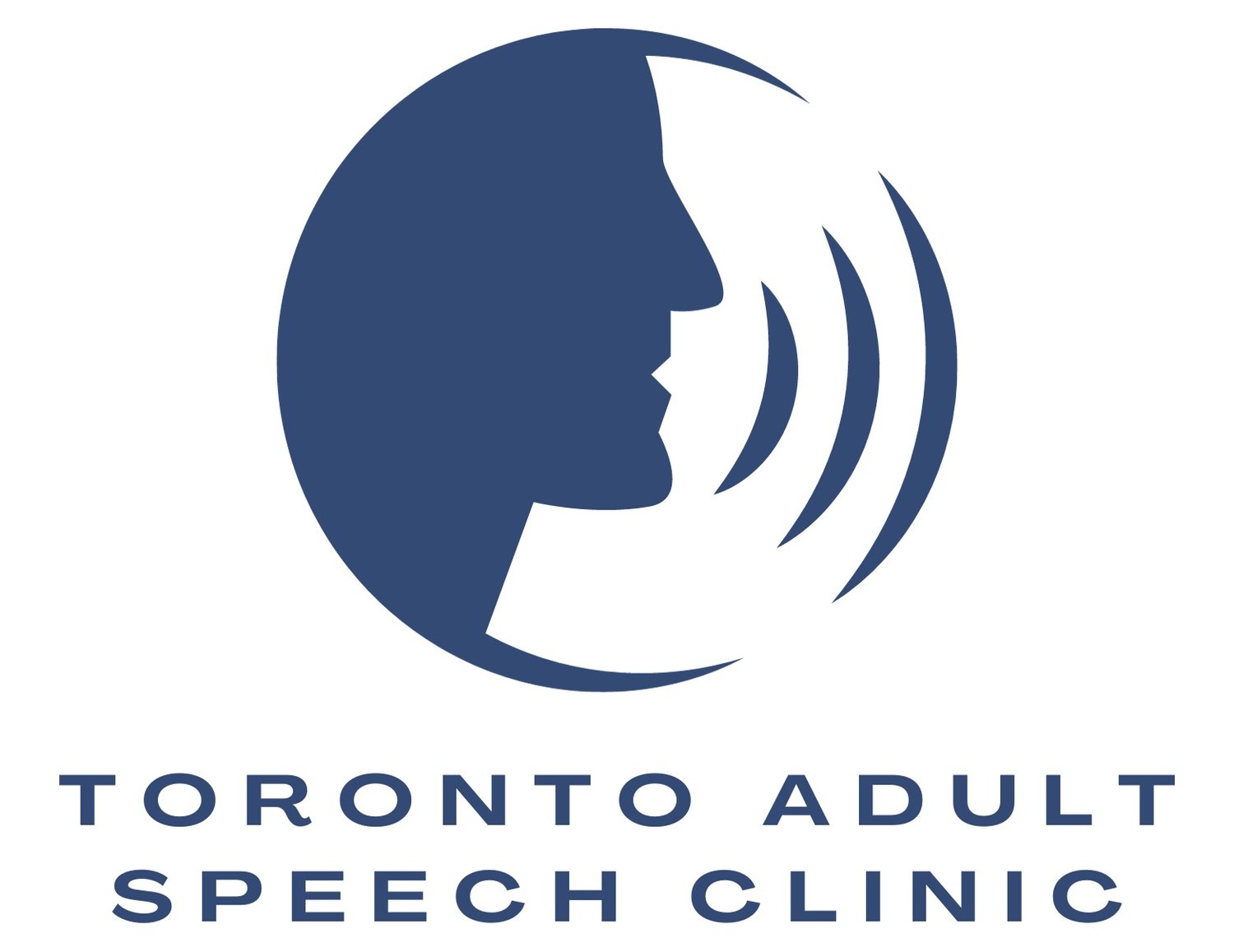Toronto Adult Speech Clinic: The Blog
This collection of articles is a place for us to discuss some of our perspectives on topics and services within the field of speech-language pathology. We share current best practices within our field, the current research, communication and voice tips, as well as insight into some of our unique approaches to working with our adult clients. Thank you for reading.
Psychotherapy and Speech Therapy
Understanding the relationship between our mental health and communication is important when providing a holistic approach to communication training, voice therapy, and speech therapy for adults. A collaboration between a speech therapist and a psychotherapist can be invaluable for adults who are experiencing challenges with their communication.
“Let’s Talk” is Easier Said Than Done
#LetsTalk As a speech-language pathologist who works with adults to develop their communication, I often encounter adults who are suffering in silence with their mental health concerns. Our ability to communicate effectively can have significant impacts on our mental health. In addition, the words we use and how we treat those with mental health concerns or communication difficulties can have a significant impact on a person's mental health.
A Speech Therapist's Musings on Mumbling
In the latest blog post from our speech therapist, Jordan Scholl, he discusses one of the most common concerns addressed at TASC- Mumbling- and how using a holistic understanding of how we produce speech can inform an adult approach to reducing mumbling, improving enunciation, and increasing the impact of speech.
Why Adult Speech Therapy?
With an adult approach to speech therapy, adults are able to make changes to their communication. Whether you have a disorder or want to work on communication skills for your own professional or personal development- our registered speech-language pathologist will collaborate with you to develop a program that fits your unique and individual needs.
Communicate with Pride
Communication is the way that we share our identity with others. When our communication does not reflect who we know ourselves to be, speech therapy, voice therapy, or communication training can help. "My goal as a speech-language pathologist is to help more people become proud communicators who feel they can communicate their true Self every day!"- Jordan Scholl, SLP
May is Speech and Hearing Month
May is the month of the year where we promote every person's right to communicate, and educate people on the role of a speech-language pathologist in facilitating this right. Throughout the month of May, we will be discussing the various roles of a speech-language pathologist and answering some of the most common questions we get about the services we provide for adults here at Toronto Adult Speech Clinic.
Singing and the Speaking Voice
There are many myths about the effects of the speaking voice on the singing voice. Here is some of the most important information every singer should know, and how to spot the changes that might indicate the speaking voice is not functioning efficiently enough to support the singing voice.
Did I Stutter or Did I Stammer?
Many people, including speech therapists, favour the use of the term stuttering over the term stammering, and vice versa. I go into some detail about my own experiences with these two words and their unique origins. Ultimately in search of the answer to this question: should their differences inform treatment for people who stutter and people who stammer.
10 Things You Never Knew a Speech Therapist Could Do
You may think you know the limits of what a speech therapist can do. But speech therapy is not reserved solely for children or disordered populations like stroke or accident survivors. Here are a list of just 10 (of the many) ways that a speech therapist can help non-disordered adults become stronger communicators.
The Vision of TASC- The Right to Communicate
At TASC we believe communication is a basic human right. With adults accounting for approximately 80% of Toronto's population..."We have a responsibility to every client and every potential client to stay informed, up to date with current research, and make ourselves accessible and respectful in our practice of adult speech therapy. No one should feel isolated or alienated on their journey to communicate effectively- after all, the ability to communicate is a basic human right."










